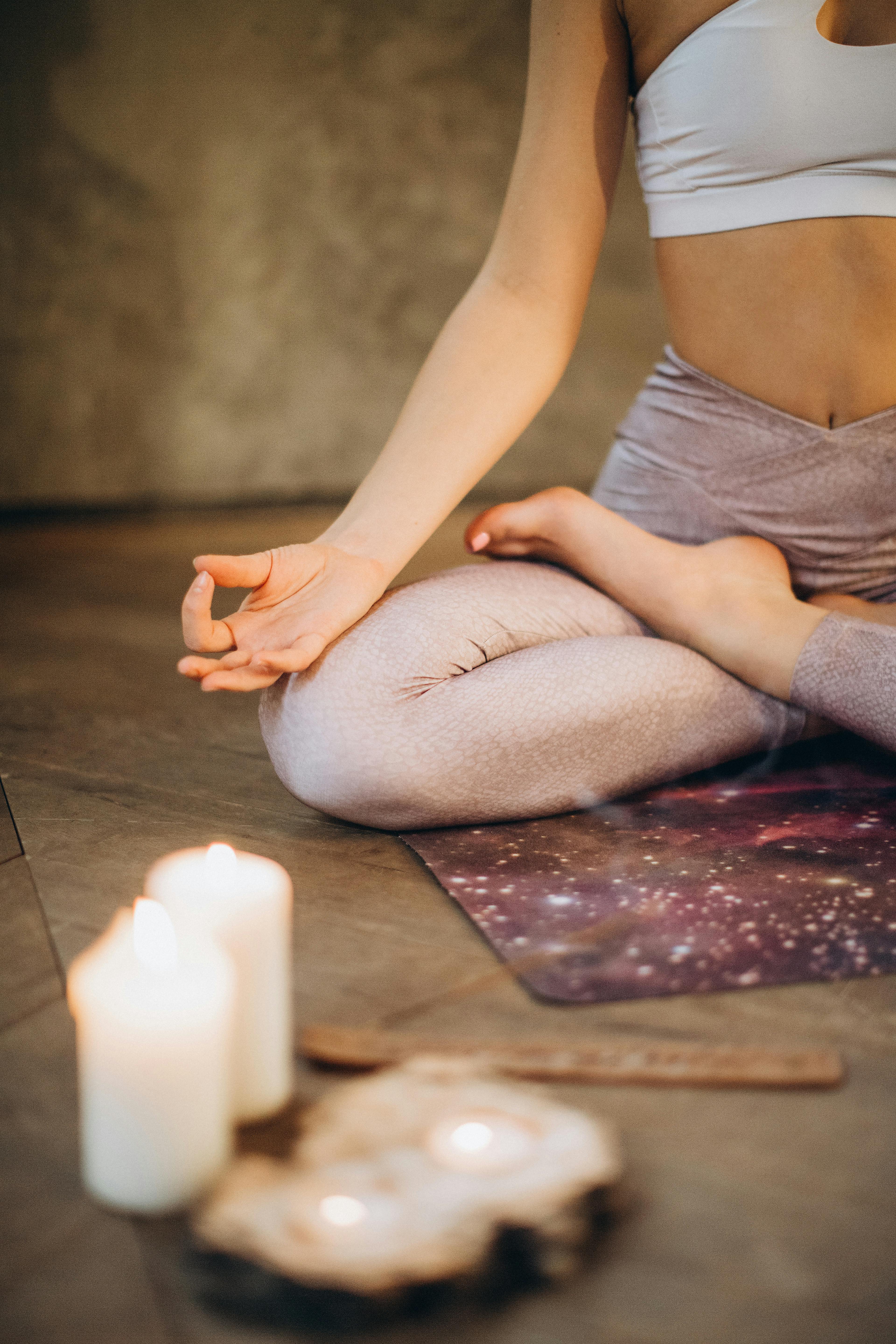Top Mind Relaxation Tips for a Healthier Lifestyle
Feeling overwhelmed by stress or daily pressures? You’re not alone. In today’s fast-paced world, mental wellness is essential for maintaining productivity, balance, and overall happiness. This article explores comprehensive mind relaxation tips, offering practical techniques and deep insights to help you calm your mind, reduce stress, and reclaim your mental clarity.

Understanding the Fundamentals
Mind relaxation refers to a series of mental strategies and lifestyle habits that aim to lower stress levels and promote calmness. From ancient practices like meditation to modern approaches such as cognitive behavioral techniques, the concept has evolved significantly over time.
These fundamentals matter because they influence how we respond to life’s challenges. Think of the mind as a muscle—without regular rest and care, it becomes fatigued and less effective. Understanding how to relax it can transform your entire well-being.
1.1 The Science Behind Relaxation
Mind relaxation activates the parasympathetic nervous system, which counters the body’s stress responses. Techniques like deep breathing and progressive muscle relaxation have been shown to reduce cortisol levels significantly.
Real-world applications include using meditation apps, integrating breathing exercises into your morning routine, and even short mindfulness breaks during work. A common misconception is that relaxation is a luxury—it’s actually a biological necessity.
1.2 The Mind-Body Connection
Unlike isolated physical health practices, mind relaxation bridges mental and bodily wellness. While stress can manifest physically as tension or fatigue, relaxation reverses these effects, promoting energy and focus.
For example, practices such as yoga or tai chi demonstrate how movement and mindfulness work together. This holistic benefit sets it apart from merely passive leisure activities.
Practical Implementation Guide
Now that the core principles are clear, let’s explore how to incorporate them into your life. While results vary by individual, many report noticeable improvements within days of consistent practice.

2.1 Actionable Steps
- Set a Daily Routine: Begin with five minutes of deep breathing or silent reflection each morning.
- Use Guided Meditation: Apps like Calm or Headspace provide structured support for beginners.
- Track Progress: Maintain a relaxation journal to document techniques and emotional responses over time.
2.2 Overcoming Challenges
Common obstacles include lack of time, difficulty focusing, and underestimating the impact of stress. Warning signs such as frequent irritability, insomnia, and tension headaches may indicate the need for more consistent practice.
Experts suggest starting small and building gradually. If distractions are an issue, noise-canceling headphones or a designated quiet space can help. Don’t expect perfection—progress is the goal.
Advanced Applications
For those already practicing basic techniques, advanced methods can take your mental clarity to the next level. These are especially useful during high-stress periods or for professionals in demanding environments.

3.1 Neurofeedback and Biofeedback
Neurofeedback uses real-time brainwave data to train the mind for better control. Studies show it can reduce anxiety and enhance cognitive performance, especially in high-pressure fields like medicine or aviation.
3.2 Integrating Relaxation with Cognitive Therapy
Combining mindfulness with cognitive behavioral therapy (CBT) improves outcomes in stress and anxiety management. This integration is often used in corporate wellness and therapeutic programs for long-term mental fitness.
Future Outlook
As awareness grows, emerging trends include virtual reality meditation, AI-guided stress assessments, and personalized mindfulness coaching. The global wellness industry is projected to exceed $7 trillion by 2027.
To stay ahead, readers can begin exploring technology-assisted practices and remain informed about new research in psychological wellness and relaxation science.
Conclusion
To summarize, mind relaxation tips are essential tools in today’s stressful world. First, we explored the foundations of mental calm. Then, we covered practical and advanced methods to enhance personal peace. Finally, we looked at the future of mental wellness.
Start implementing one tip today—whether it’s five minutes of meditation or journaling your thoughts. Your journey to a clearer, calmer mind begins now.
Frequently Asked Questions
- Q: What are the easiest mind relaxation tips for beginners? Start with deep breathing, gentle stretching, or five minutes of guided meditation.
- Q: How do I begin implementing these tips? Choose one technique, schedule it daily, and track your progress in a journal.
- Q: How much time should I invest daily? Even 10–15 minutes per day can significantly reduce stress over time.
- Q: Are these techniques expensive to learn? Most methods are free or low-cost. Apps and online videos make them easily accessible.
- Q: How do these compare to medication? Unlike medication, these methods have no side effects and promote long-term self-regulation, though they can complement medical advice.
- Q: Are mind relaxation tips hard to learn? Not at all. Most techniques are simple and become easier with consistency.
- Q: Can these be applied in high-stress jobs? Absolutely. Techniques like micro-meditations and breath control are ideal for busy professionals.
